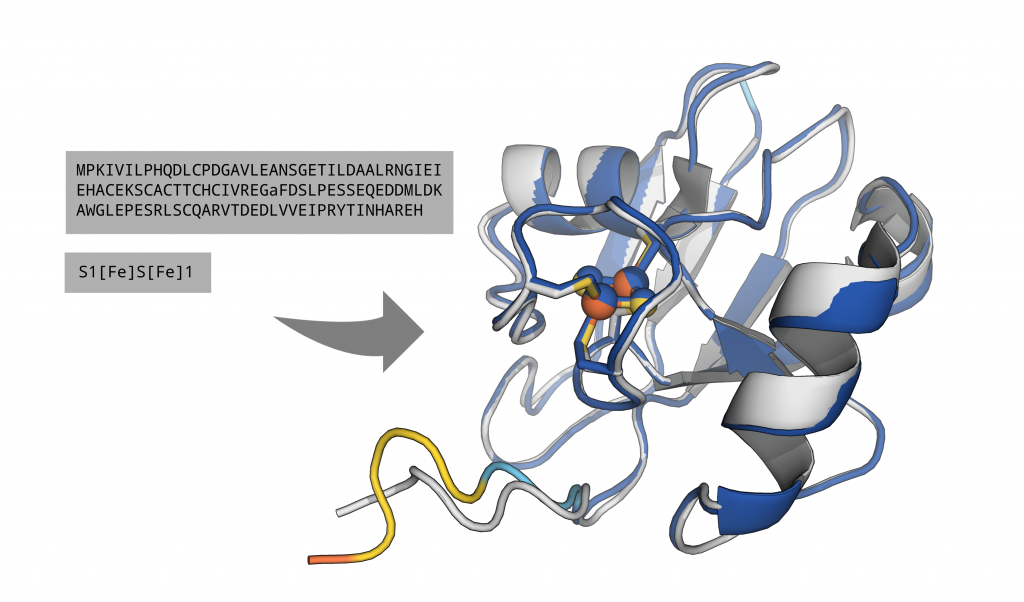New Infrastructure for AI-based biomacromolecular structure prediction
The newly established Bio-Structure Hub at the Heidelberg University Scientific Software Center (SSC) provides an accessible entry point into the world of computational structural biology by offering services for researchers in the field of biomacromolecular structure prediction.
The project is launched and maintained by Christine Schulz and its services range from brief consultation to detailed project support, including customized software and scripts, and training. Utilizing recent advances in machine learning, these resources will allow new insights into molecular function from fundamental research to innovation in drug discovery.
The Bio-Structure Hub was made possible by the successful collaboration of the SSC team with Rebecca Wade in securing a three-year funding from the Klaus Tschira Stiftung through the “Scientific Software” call.
Link: https://www.ssc.uni-heidelberg.de/en/newsroom/bio-structure-hub

Scientific contact:
Prof. Dr. Rebecca Wade
Molecular and Cellular Modeling group
Heidelberg Institute for Theoretical Studies (HITS)
Phone: +49 6221 533 245
rebecca.wade@h-its.org
Media contact:
Dr. Peter Saueressig
Head of Communications
Heidelberg Institute for Theoretical Studies (HITS)
Phone: +49 6221 533 245
peter.saueressig@h-its.org
About HITS
HITS, the Heidelberg Institute for Theoretical Studies, was established in 2010 by physicist and SAP co-founder Klaus Tschira (1940-2015) and the Klaus Tschira Foundation as a private, non-profit research institute. HITS conducts basic research in the natural, mathematical, and computer sciences. Major research directions include complex simulations across scales, making sense of data, and enabling science via computational research. Application areas range from molecular biology to astrophysics. An essential characteristic of the Institute is interdisciplinarity, implemented in numerous cross-group and cross-disciplinary projects. The base funding of HITS is provided by the Klaus Tschira Foundation.